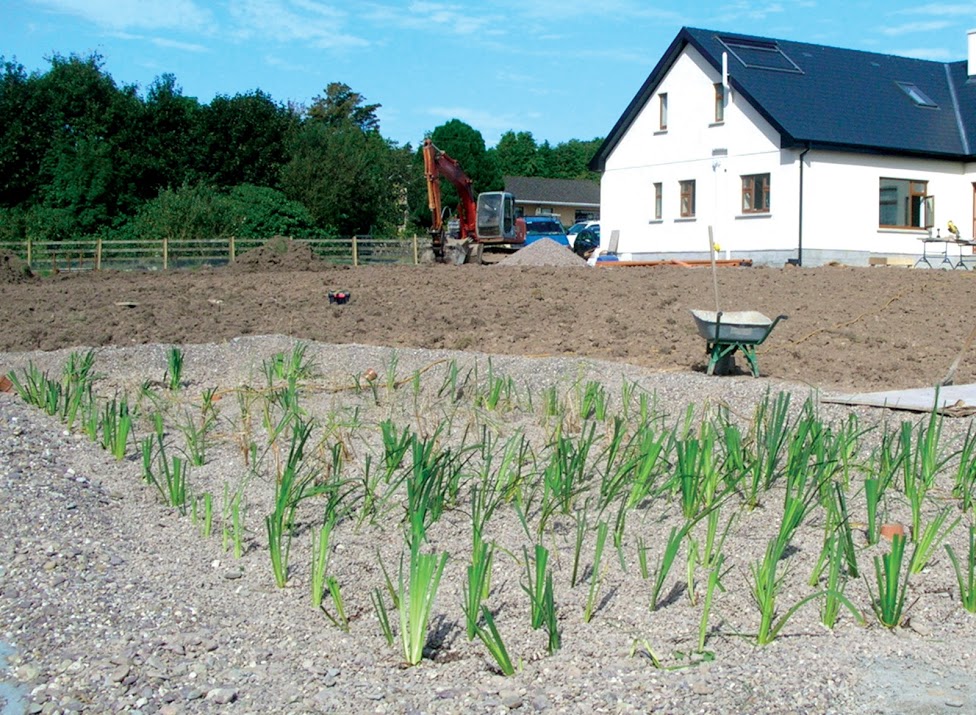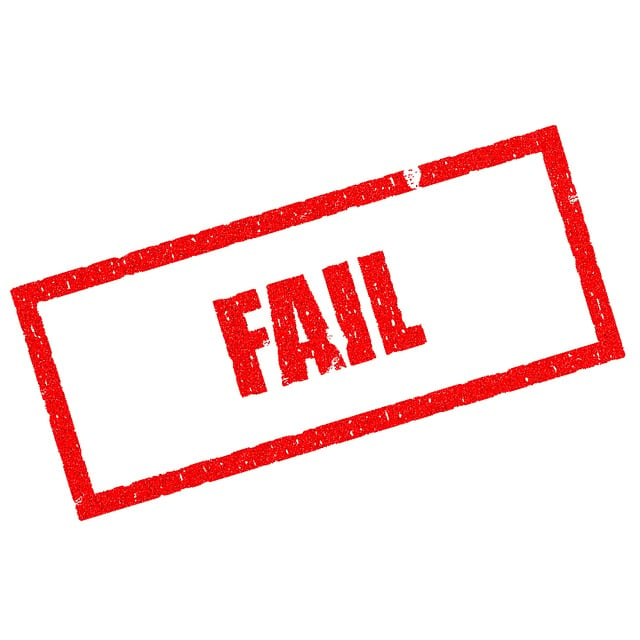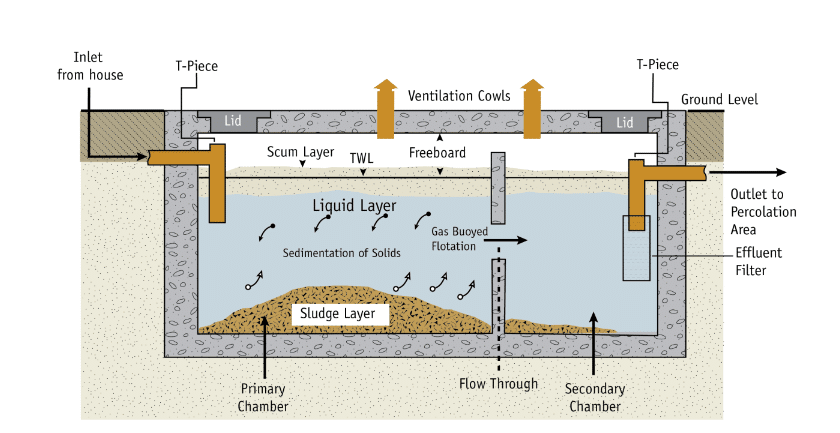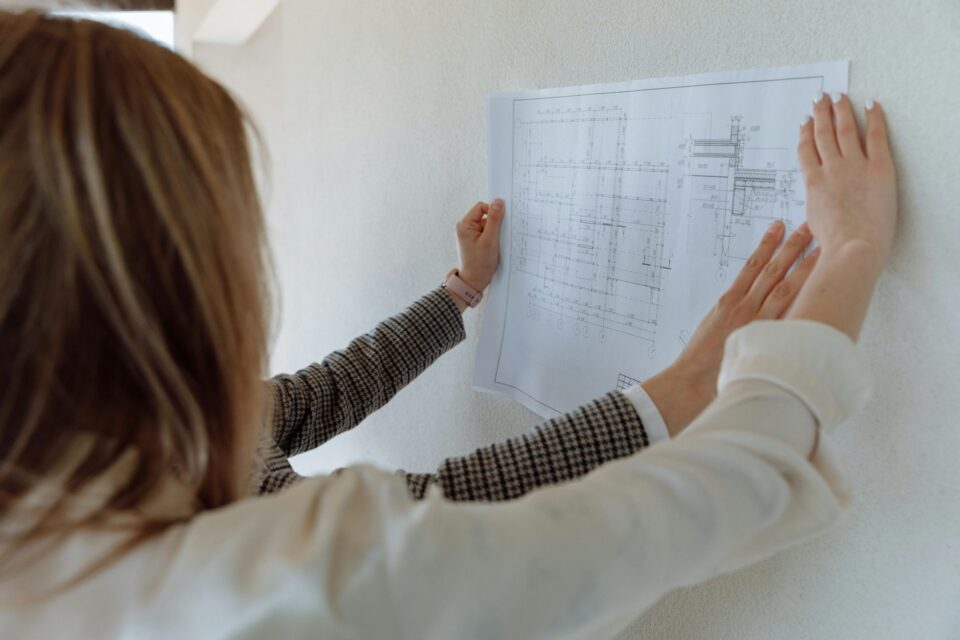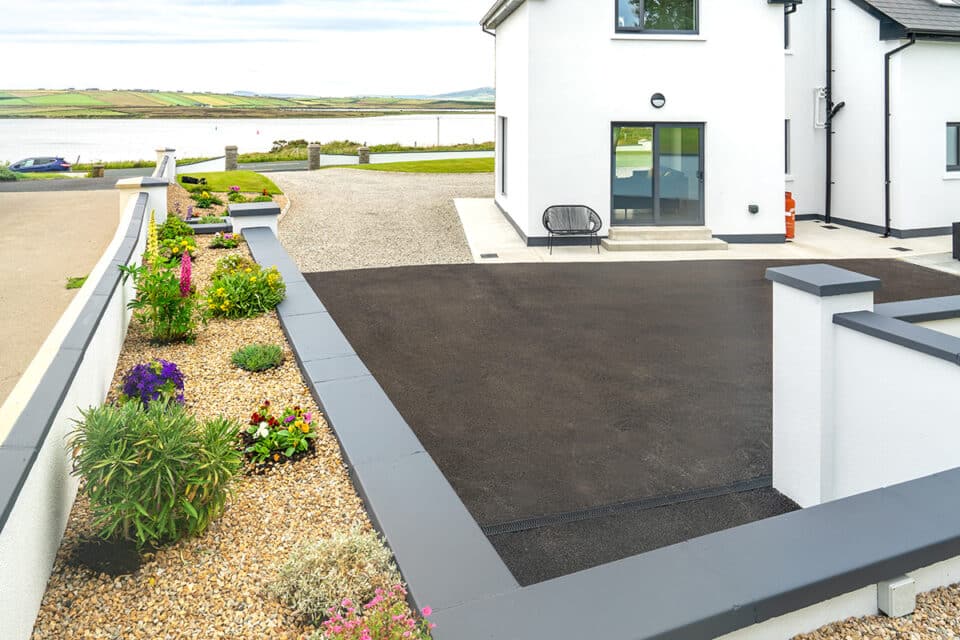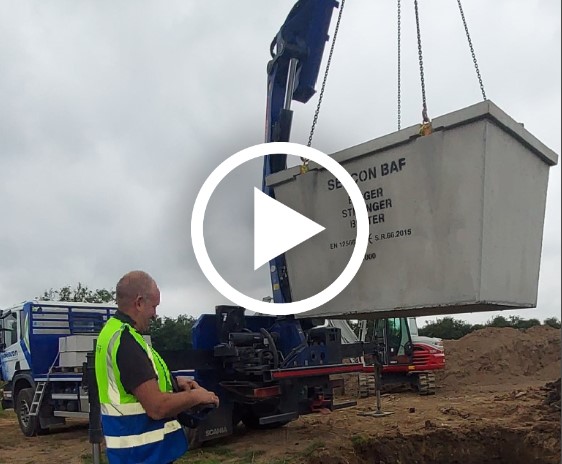Wastewater systems treat foul water from your home from the wc, and unless you have a dedicated system in place, from your washing machines and sinks/basins too.
If you cannot connect to the mains wastewater network, then you will need an onsite wastewater treatment system (OWWTS) including a percolation area for effluent disposal to ground. In NI, wastewater systems may also be approved by NIEA to discharge to a suitable waterway if one is available.
Even if you have a compost toilet (dry toilet system that does not require flushing, which many planning authorities don’t view favourably) you still need a way to deal with greywater (dirty water from showers, machines, etc.). Also know that most local authorities will not view a compost toilet as an adequate means of dealing with wastewater, as a good composting toilet keeps urine separate from solid waste and uses no water for flushing.
A percolation test checks if the soil is suitable for percolation into the ground, i.e. so that the ground can soak up and clean the water that exits your septic tank or proprietary treatment system. In NI this is less of an issue because, as seen above, it is possible to discharge to a nearby waterway if the ground cannot act as a filter, as long as the water that exits the OWWTS is clean enough.
In ROI it is nearly impossible to get a licence to discharge into a watercourse; alternatives include drip systems and reed beds but these can be costly and not all planning departments view them favourably.
Remember that all OWWTS require maintenance, including paying to get your septic tank desludged on a regular basis. Existing septic tanks that require an upgrade may qualify for a grant in ROI. In NI, households can have one free de-sludging per year.
To know what kind of wastewater system is suitable for your site you will need to have a site assessor do up a report for you, which will have to be submitted with your planning application. In ROI an independent site assessor is best placed to recommend the kind of system you will need to install for your specific site; in NI site assessment is usually done by a specialist supplier of onsite wastewater treatment systems. In terms of siting, there are minimum distances between the onsite wastewater system components and wells (yours or your neighbour’s) which need to be factored into account when designing the system.
Check your jurisdiction’s building regulations as these specify what systems are suitable.

